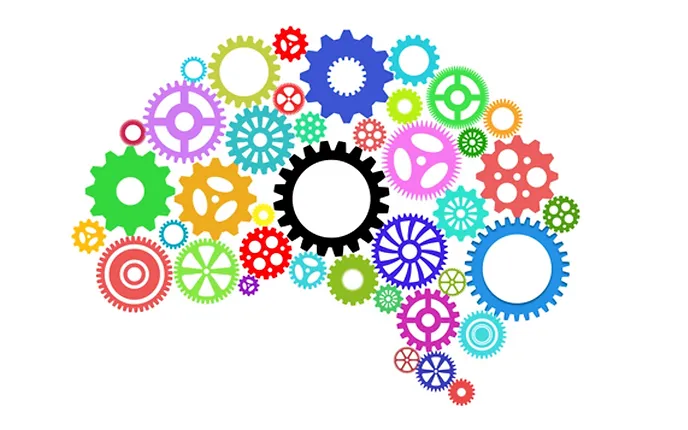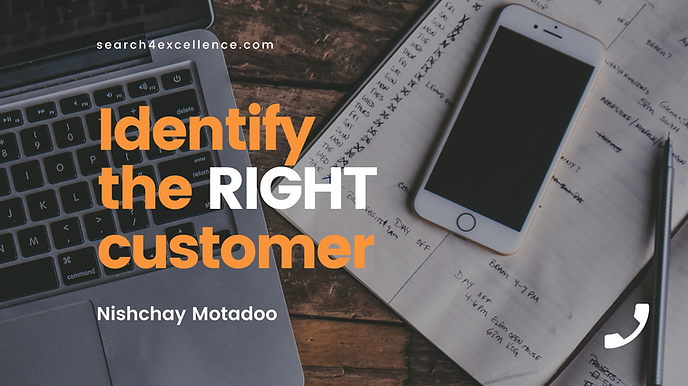

5 Reasons Emotional Intelligence is Critical for Success
In one sentence Emotional Intelligence (EI) is the ability to recognize and understand emotions in yourself and others. A person with high EI is able to recognise how his emotions affect him and the effect they have on others. He is able to recognise the emotions of others, explicit or implicit and is able to handle his responses better.
Each one of us was born with an innate talent or IQ that helps us in our academics, problem solving, ability to grasp new concepts and makes us more capable to adapt to new situations. While IQ is certainly one of the parameters for success, studies now show that EQ in fact is more critical for long term growth and success.
According to the World Economic Forum (WEF), one of the 10 Essential Skills required in 2020 and beyond is EI. Decades of research point to EI being a critical factor that sets star performers apart from the rest. TalentSmart tested EI along with 33 other important workplace skills and found that one of the strongest predictors of performance was Emotional Intelligence. Studies by the WEF, have shown that 90% of top performers are also high on EI, on the other hand, just 20% of bottom performers are high on EI. Also, it shows that people with high EI make more money- an average of ₹20 Lakhs more per annum, than people with low EI. In fact studies show that each point of EI increase has a direct impact on the earnings. These findings hold true in all Industries, at all levels and all regions across the world.

So let's see 5 important ways in which EI can help you achieve success-
1. Keep yourself and team motivated- Self awareness is the most important component of EI. Thus, a person with high EI is able to recognise his emotional triggers and is able to recognise what is causing him to lose energy, drive or focus towards a particular goal or objective. He is able to recognise his fears and insecurities that are causing him to freeze and be unable to continue towards completing a task or project. His awareness of his apprehensions and self doubts is the first step to being able to find a way past them. An Emotionally Intelligent leader will also be aware of how his behavior can impact the morale of the team and will accordingly manage what he says and how he reacts when the team is faced with daunting targets or challenging situations.

2. Take better decisions- Most people are unaware of the emotional bias that impacts their decision making. For example, when part of a discussion in a meeting room, often you will find that people rigidly defend their stance or point not realising the underlying reason for the action. The reason for that could be that they are scared of trying something they are not comfortable with, or they feel that going with anyone else’s viewpoint will undermine their own credibility, sometimes they disagree with the other person because they don’t like the person and can’t get themselves to support him or see the positive side of what he says. Many a time, even personal decisions end up being overly emotional and impulsive instead of rational and logical. Of Course, a person with high EI will also ensure that when taking decisions he doesn’t get too rational and miss out considering the emotions and
feelings of the people involved with executing the decisions.
3. Build stronger teams- another key component of EI is Empathy and a person who is able to effectively empathise with people and see situations, issues and discussions from their point of view will be able to create a stronger connection with his team. When a team member is faced with a failure or issue, the leader with higher EI is more likely to listen to the employee’s perspective, understand the real issue and work to solve the issue instead of assigning blame. This creates a team that is loyal, willing to take ownership and accountability for issues as they don’t feel fearful or threatened due to any failure.

4. Influence effectively- A person who can see the situation beyond just himself, his wants and desires; instead can see the bigger picture will always be able to drive a discussion keeping everyone's interests in mind and will be able to make people see the mutual benefit in the solution he is proposing. As he understands people's motivations and emotional triggers he will adapt his communication and methodology to have maximum impact on people. To effectively influence people it is also critical to listen and be willing to get influenced if required, and an Emotionally Intelligent leader knows when to take a stand and when to back down for the greater good.
5. Manage relationships better- A more Emotionally Intelligent person is aware of his behaviours and the effect they have on people and takes steps to build self control and manage his reactions by converting them to calm responses. He is able to empathise with others and understand people's underlying or root emotions, thus he is often able to understand why a person is behaving irrationally or emotionally. This insight gives him the ability to give people the ‘benefit of the doubt’ and truly open oneself up to other perspectives.
So if you feel it’s important to achieve success or to develop yourself in any of the above areas, connect with us and we can work out a plan for you. We have a team of certified coaches and professionals who will work with you or your organisation to develop EI.





